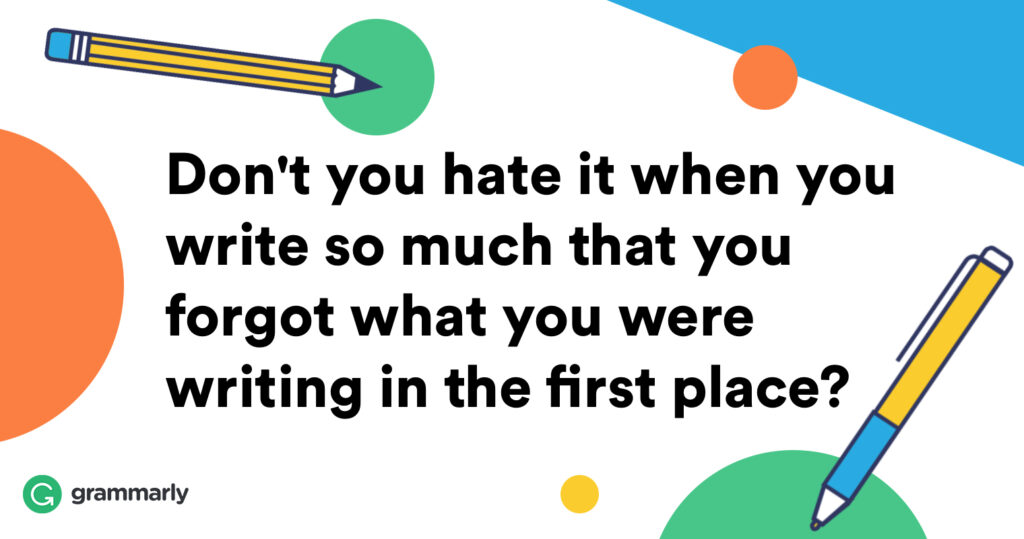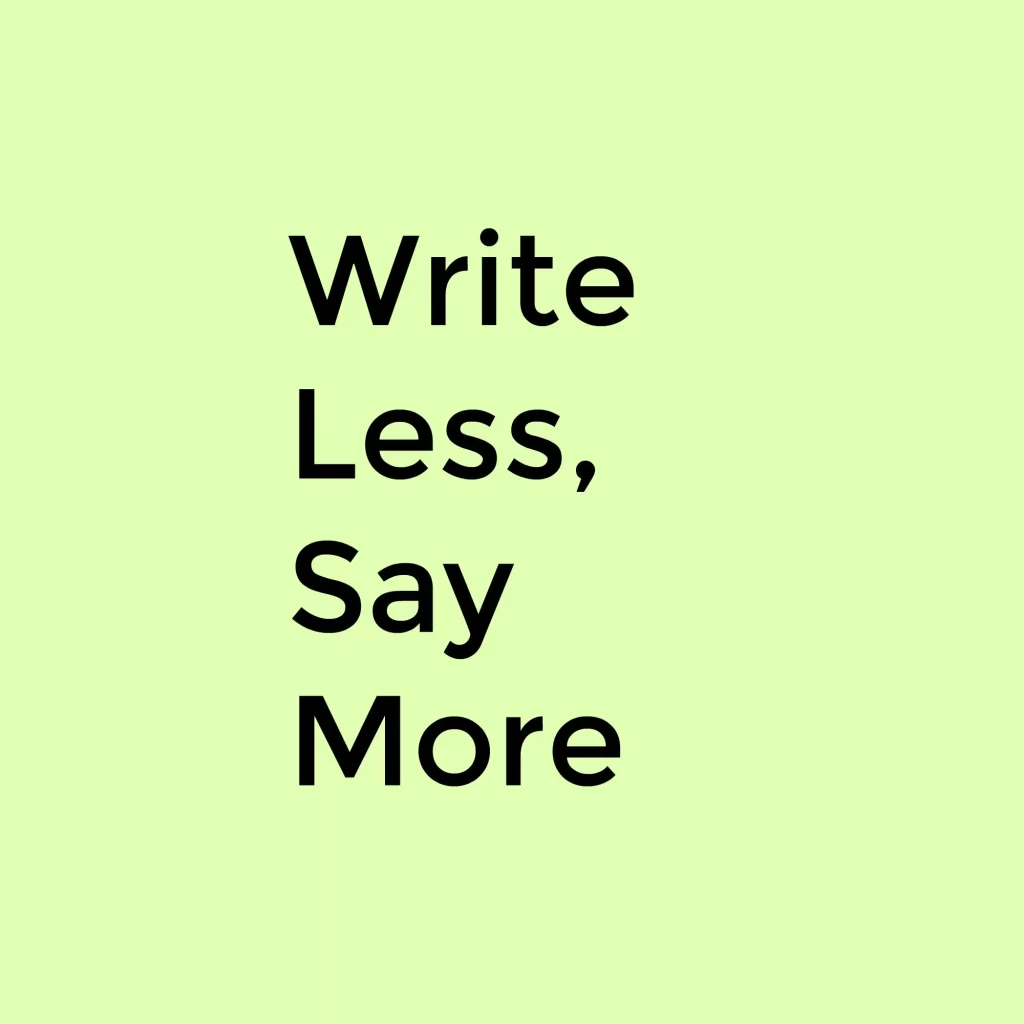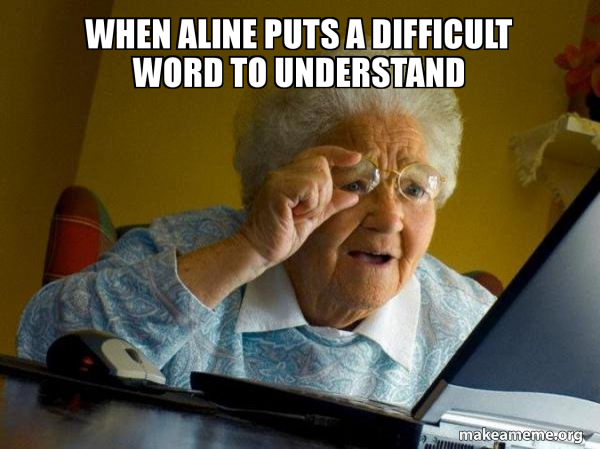
Intro:- How to Write less and Say More: Smart Writing Technique? You’ll see that you can omit some sentences or say some phrases in fewer words. Try to avoid complex constructions, such as conditional clauses or passive voice. They make sentences heavier. Use them only when it’s absolutely necessary.
The phrase less is more means that having just the essential things is better than having way too much of superfluous things. It allows you to focus on what matters.

Using simple & sweet words is good for the reader. They can easily understand the meaning of the written sentences. And they feel easy to read the article.
About:- architect Ludwig Mies van der Rohe, The phrase “less is more” was actually first popularized by a German, the architect Ludwig Mies van der Rohe, who like other people associated with the Bauhaus emigrated to the United States before World War 2 and took up posts at American architecture schools.
Shorter sentences allow a reader to quickly grasp the point of the sentence. Writing is significantly more effective and persuasive when a reader can understand the point of a sentence in two seconds versus twenty-two seconds.
How to Write less and Say More: Smart Writing Technique? If you are reading this article that means you want to know about how to write less and say more: smart writing technique, right? But, you don’t have any idea how or where to know. If you are looking for an easy guide to how to write less and say more: smart writing technique then you are at the right place. Just you have to read this article properly. In this article, I will share the proper guide on how to write less and say more: smart writing technique. Even if you are a beginner is no worry about it. The steps below are for both Beginners & Experts.
But before beginning to start an article, there are some major points that should know, like (FAQs)
- How do you write more in fewer words?
- How can I be smarter in writing?
- Why is writing less better?
- How can I be more specific in writing?
- How do I simplify my writing?
- How can I improve my writing difficulties?
Let's Find Out. ...
1. How do you write more in fewer words?
Here are a few simple tricks you can to quickly tighten your text and meet the limit.
- Delete “The”( Because “The” use in special case!) …
- Erase “That” …
- Remove Adverbs and Adjectives. …
- Use Shorter Words. …
- Trim Wordy Phrases. …
- Choose Needless Transitions
- Eliminate Conjunctions.
- Revise Needless Transitions
2. How can I be smarter in writing?
- Have something to say. This makes writing easier and faster. …
- Be specific. Consider two sentences. …
- Choose simple words. …
- Write short sentences. …
- Use the active voice. …
- Keep paragraphs short. …
- Eliminate fluff words. …
- Don’t ramble. etc
3. Why is writing less better?
Shorter sentences allow a reader to quickly grasp the point of that sentence. Writing is significantly more effective, and persuasive when a reader can understand the point of a sentence in two seconds versus twenty-two seconds.
4. How can I be more specific in writing?

Be Specific! How to Get to the Point in Everything You Write
- Use appropriate sentence length.
- Avoid filler words.
- Be precise.
- Use the best voice for the situation (active vs. passive)
5. How do I simplify my writing?
Here are six ways to ensure your writing is as simple and straightforward as possible:
- Look for unnecessary words. Nobody likes a long-winded writer. …
- Use active voice. …
- Channel Hemingway. …
- Don’t make the reader work. …
- Write to someone. …
- Don’t neglect the visuals.
6. How can I improve my writing difficulties?

How to improve your writing skills
- Review grammar and spelling basics. Grammar and spelling form the foundation of good writing. …
- Read what you want to write. Knowing what a finished piece of writing can look like can guide your own. …
- Proofread. …
- Get feedback. …
- Think about structure. …
- Write. …
- Know some common fixes.
Let's Explore That. ...
How to write less and say more: Smart writing technique?

Why should you write less?
The research shows that people are getting less patient. They want to get digest information as quickly as possible. They are getting tired of texts longer than 800 words. Unless something attracts their opinion, they read texts through. So, as content marketers, we should learn to express our ideas using fewer words.
What's the deal with using "Big Words"?

If people understand what you’re saying, it means you’ve conveyed your message effectively, and effective communication is the cornerstone of success in an interaction-driven society. For what is the use of a genius brain, if its owner can’t express her thoughts and convince the world of her genius? I should also caveat that “academic people” aren’t exactly the same as “smart people”. Many academics are incredibly erudite (but often only in their very narrow fields of interest), and while some are definitely very smart, this is not always the case. And God forbid if anyone thinks the opaque prose in Ph.D. dissertations as “good writing” — it doesn’t.
1. How to write with clean thought?
I often get asked by others how they can improve their writing, and I always start by saying this: Writing isn’t just about putting words on the page. Writing is about thinking, feeling, processing, observing, reflecting, and doing these things for enough times until you get to a mental place where you’re finally ready to put pen to paper.

The act of writing itself is simply the execution; the process that precedes the execution is key. This is why great writers are also always great thinkers. In general, there are two camps of writers: those who see writing as a medium to convey ideas, and those who see writing as an art form – an aesthetic end in and of itself.
Literary scholars call this distinction “Didacticism” Vs “Aestheticism” (‘big word’ alert!!), with people like Leo Tolstoy and George Eliot falling in the first group and those like Oscar Wilde and john Keas in the second. Most authors fall somewhere in between the spectrum. But thinking about this distinction is where we should all start: do you write because you have a point to make or prove?
Or do you write for the sake of showing the beauty of language and style? If the letter, then perhaps you’d be justified to use more rhetorical flourish than is “necessary”. Either way, we’re good – we just need to make our minds up before proceeding. That said, even with the “Aestheticists”, there is always some sort of agenda and “hidden message” in any piece of writing. In fact, the act of showing that I’m not writing to communicate anything in particular is, well, communicating a message.
2. How to write with genuine emotion?
This may seem slightly confusing to some, especially for those who don’t write fiction or narrative essays. But my point here is precisely that emotion must fuel any act of writing, regardless of whether the piece is argumentative, descriptive, or expository. This is because emotion bespeaks conviction; emotion is what gives credibility to your purpose, which in turn allows you to affect those you’re addressing with the same kind of purpose you hold.
This idea is broadly relevant to Aristotle’s concept of pathos, which refers to the power of speech to evoke an audience’s feeling of pity or sympathy towards a topic or person. Of course, when it comes to the range of emotions writers seek to evoke in readers, it’d be a lot more diverse than just pity or sympathy – pleasure, melancholy, anxiety, anger-these are all common emotions we encounter in novels, articles, poems, etc.
What’s important, though, is that you, the writer, must feel these emotions yourself in the process of writing. So, if you’re writing an op-ed article about the gross double standards of your government’s lockdown “:) ” directives, then you need to be genuinely riled up about the issue before you can write a convincing piece on it.
Likewise, if you’re trying to describe the beauty of pastoral landscapes, then you’d have to be genuinely in awe of nature in order for your descriptions to strike a chord with your readers. While we don’t necessarily have to have experienced whatever we’re writing about, we should at least feel something about the bigger idea behind what we’re relaying.
But what if you don’t really care about the topic you’re writing on? Like an easy on the importance of recycling when you just don’t give two hoots about environmental conservation? If that’s the case, then I’d advise that you either pick another topic or failing that, apply empathy and consider how it could at all relate to your own life. For instance, how would you feel if one day, landfills overpopulate to the point they make themselves neighbors of your home? If you’re more of a visual person, perhaps you could look up images related to whatever topic you’re writing about, which is also a good way to stimulate both emotions and thought.
3. How to write with sharp observation?
What does it mean to “observe”?
Most of us may think of seeing when we hear this word, but “observation” actually goes way beyond the faculty of sight. It also requires attentive listening and active reflection. After all, the entirety of a person isn’t just limited to her appearance, mannerisms, and actions – speech also plays a huge part in telling us about someone’s values, personality, and socio-economic and cultural background.
It’s also not enough to just “see” and “hear”, for our observations wouldn’t be meaningful if we didn’t then process and reflect on whatever it is we saw and heard from others. For example, what does it mean when we see a woman decked out in Hermes and Gucci cap-a-pie shopping in the bargain aisle of the supermarket?
What do we know from noticing that someone speaks unidiomatically, but has an affected, posh accent? And what do we know from seeing a wife flinch from the tough of her husband, despite being all smiles and looking like the perfectly contented half of a poster married couple?
4. Draft a plan
This recommendation may sound obvious. But I was surprised at how many content marketers skip this step. Detailed plans are half of the success ( Bhaiya Ji, Dil Ki Baat Jaan Li Aap Ne ). They help structure your thoughts and give an idea of the future text. You’ll spend less time writing your article and will have to make less after-work polishing your text.
5. Leave out meaningless sentences
Creative writing and content marketing are different things. Remove irrelevant sentences even if they are eye candy. All text parts that don’t add anything to the core idea of the text should be cut down. To illustrate this, let me remind you of something. Do you remember that abstract Leo Tolstoy at the beginning of the text? Did it contribute to the main idea of the text? What should I do with that? Yes, you’re right.
6. Break down a text into abstracts and complex sentences into shorter sentences
Segment your text into smaller parts. It doesn’t just make your article more readable. It also helps realize which parts you may skip. The same rule works for complex sentences. You should break them into smaller parts. You may think that segmenting sentences only makes your post longer. But you’ll be surprised to find out the opposite. You’ll see that you can omit some sentences or say some phrases in fewer words.
Try to avoid complex constructions, such as conditional clauses or passive voice. They make sentences heavier. Use them only when it’s absolutely necessary. To detect hard-to-read sentences, you may use the same Hemingway app. It will point you to the sentences you should compress.
7. Show your post to a non-native speaker
This is my favorite tip. Content marketing is international. When you write a post you should consider your international readers. I usually show my texts to a smart boy or a girl who is good at English but not a native speaker. I ask them two questions:
- Is the text readable? Is everything clear?
- Did you read it through without losing your interest and attention?
If they answer “yes” both times, I publish my post.
8. Begin With Your Readers In Mind
The writer who starts a project without knowing what they want to accomplish will find their work hard, slow, and awkward. Deciding your work’s purpose or beginning with the end in mind, before you put words onto the blank page, will give confines within which to write. It will give you a goal to write towards. It will help you finish what you started. Remember, most readers are hungry for information and a new perspective, which you have. It helps write to one person, an ideal reader, or a friend.
9. Write Consistently
The easiest way to learn how to write, like any skill, is to turn up and start. So, open up your calendar and block book a set time each morning or evening for when you’ll sit down in front of the computer or a blank page and write. You don’t need to write for hours either. Start with fifteen minutes a day. Or pick a set word count, like 500 words. Now, keep your daily appointment.
10. Focus
Many writers get easily distracted by the news, social media, and even family when it’s time to work. If this happens to you, learn how to focus by using the Pomodoro Technique. Essentially, it involves writing for 25-30 minutes and timing each session. After the timer sounds, take a short break. Then, repeat three to four times before taking a longer break. Noise-canceling headphones and white noise can also help trigger a flow state necessary for the writing process.
11. Separate Writing and Editing
Writing employs a different part of the brain to edit. To write effectively means saying goodbye to your inner censor and getting ideas onto the page. To edit effectively means reading through a rough draft and fixing anything that isn’t clear, accurate, or concise. Doing both at the same time is a recipe for stress. I usually write in the morning and edit in the later afternoon.
12. Remove Filler Words
Most people’s writings are full of redundancies that they can remove or strengthen. If you want to become a better writer, remove some of the below words from the next piece you write:
- Really
- So
- Like
- Make
- Often
- That
- And
- Sometimes or somedays
- Better or best
- Just
- Well
- Actually
- Properly
- Probably
- Usually
- Much
- This.etc
Remember: Shorter sentences are usually better.
13. Use a Grammar Checker
Many writers get hung up on typos and grammar mistakes, While it’s a good idea to fix these, you can also break the rules assuming it’s intentional and adheres to the house style guide of the publication you’re writing for. If you need help, use a grammar checker. They’ll find and fix grammar errors and provide context, so you can spend less time worrying about grammar mistakes and more time writing.
14. Educate Your Readers
Educating your reader means adopting a personal and helpful tone. Put your hand around your reader’s shoulder, and say “This isn’t so hard to achieve, I can help you.” Examples of educational writing include tutorials, step-by-step articles, how-to guides, and even this article. You don’t have to be an expert to educate your readers either.
Consider the curious case of the teenage maths student struggling with a difficult equation. Instead of asking the teacher for advice, he turns to his friend and asks him how to solve the equation. In this case, the teenage maths student feels more comfortable asking his friend for advice because he can relate to his friend. He can relate to his friend because the two of them are at similar points along their learning journey.
15. Inspire Your Readers
inspiring readers is a different type of writing altogether. Often, this means drawing on personal stories and passions in your writing. It means invoking an emotion or change in your reader. It means persuading them to take action and even pushing them over the edge if they don’t. To inspire your readers, consider what readers should feel after reading your work or what they should take away from your writing. Play on their fears and hopes.
Paint a version of hell that they should avoid or describe a vision of the future as you see it. Give your readers specific examples of how you can both move towards your version of heaven together. The most famous example of inspirational writing is Martin Luther King’s I have a Dream speech. Here, King paints his dream” that my four little children will one day live in a nation where they will not be judged by the color of their skin but by the content of their character!
- If you got this article helpful leave a comment below in the comment box. I will try to help you. And Thanks for reading the article!

Authored By The Er. Pramod Adhikari!
The Blogger, Author & CEO’s The Infinity Company! B.Tech in CSE ( Computer Science & Engineering) From Sambhram College, Bengaluru-560097, Working Worldwide as Software (Web/App) Developer!
